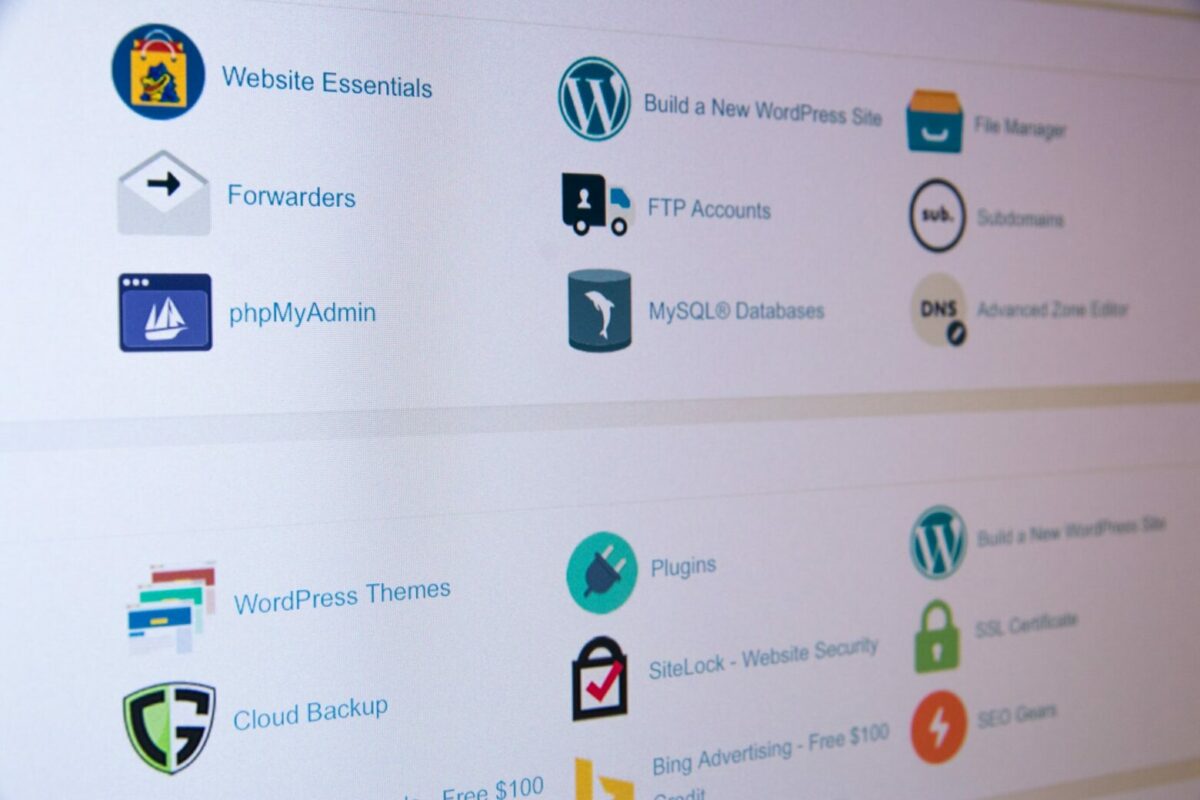According to World Economic Forum’s report, data is currently the most valuable asset on the planet, and it is most valuable for businesses. Hence, if you are concerned about your business data security, you have landed at the perfect place.
With the evolution of technology, data security has attained more importance than any other facet of business and therefore, it is important for business owners to ensure that the customer data stored on their servers is safe and does not fall into the hands of the wrong people.
Here are six tips that would help to secure customer and business data on your website.
SSL certificates serve as the first line of defense against data breach
Often data breaches occur at the time of data transfer from customer browser to host. Hence, the use of SSL certificates is necessary for business websites, as they encrypt the data from the customer browser and ensure smooth data transfer, and once the data reaches the host, it is decrypted; this way, the data is not stolen during the transit. 
SSL (Secure Socket Layer) is specifically designed for modern websites which require form-filling from their customers, usually, the information in the form is of sensitive nature and hence, requires paramount security. SSL certificates ensure that the information provided by the customers reaches the host without tampering.
Moreover, the use of SSL certificates from a reputable certificate authority also boosts customers’ confidence in the website and business as they see that the website takes business data security seriously. It is necessary to have an SSL from reputed authorities like Thawte, Comodo, DigiCert, etc. If your website has multiple subdomains then, a low-budget SSL like Thawte wildcard SSL, Comodo wildcard SSL would do a great job for website security.
Choose strong passwords
IT might sound a bit trivial but choosing strong passwords is perhaps the most effective method to combat data breaches and strengthen website security. It has been observed that many customers tend to choose passwords that are easy to remember, as a report says that 17% of users use ‘123456’ and 10% use ‘abc123’as password for their accounts, which contain sensitive private and financial information. Easy passwords also ease hackers’ work, and they are able to intercept, forge and breach user accounts.
Therefore, special protocols need to be designed in order to ensure that customers choose strong passwords for their user accounts. Here are a few practices which enhance password strengths and minimize the risk of data breaches.
Password longer than nine characters
Use a combination of special characters, numbers, and letters
Use both upper and lower-case alphabets
Website owners must force these protocols on users as nothing is more important than user data. Therefore, it is important for website owners to take necessary all steps for the protection of user data.
Update Software Regularly
Since technology is progressing at a rapid and unprecedented rate, it is crucial for business website owners to keep up with it. These days, buying a reputable software for data protection might not be enough as website owners must constantly update it to ensure smooth working of business and avoid any security violations.

Since most of the data protection software source is easily available online, hackers can potentially find a way to penetrate it, and this is why software is constantly updated to combat hackers. As website owners it is pertinent to regularly check for software updates and especially when it comes to data protection software, as soon as the update is released, it must be bought and made live on the website.
Plugins reinforce security
A plugin is a piece of software that boosts website functionality. There are several security plugins that are now easily available online and can be integrated for enhanced user data protection.
It is to be noted that plugins have a slightly different functionality as opposed to software and hence, their use is mandatory for business data security. Each web platform and CMS has its own plugins which are used to prevent security breaches.
Each security plugin has its own functionality and hence, the reliance on one particular plugin is not advisable.

Moreover, the security plugins must also be updated regularly as similar to software these are also open source and within the access of hackers.
However, website owners must be vigilant when it comes to the choice of plugins, and they must consult an expert before choosing a plugin, as a wrong plugin could potentially put the entire website at risk.
Protection against SQL Injections
SQL injections occur when hackers try to steal information or data through SQL queries since these look ‘normal’ and everyday SQL queries, it is difficult to recognize and this makes them, more potent.
SQL injections can expose user data through a simple query and can also force a website to perform an unwanted task. Thus, it is important that the website is protected against such SQL injections.
Programmers mostly use parameterized queries to restrict SQL injections, this is a smart way to differentiate a normal query from a malicious one and this practice must be adopted as the use of SQL injections is the most innovative method through which hackers try to steal sensitive user data.
Stop XSS attacks with CSP

XSS (cross-site scripting) attacks are conducted when malicious JavaScript code is added to a webpage, this code can later infect other webpages as well. These XSS attacks are mostly carried out by professional attackers in order to steal the financial information of users. Therefore, if the website used financial information, it must equip itself for these attacks.
Content Security Policy (CSP) helps in identifying XSS attacks and also aids in combating and repelling them efficiently. CSP aids in specifying valid sources for executable sources, once these have been successfully recognized the risk of XSS attacks is minimized.
CSP is easily integrable into the website as all it requires is an HTTP header. Moreover, other strategies may also be used to combat XSS attacks these include a process similar to parameterized queries. The code used must be hyper-explicit and should use a couple of explicit users to differentiate between a website-generated and malicious request.
Bonus Tip
Currently one of the easiest and perhaps, the most efficient method of securing user data and ensuring business data security is the use of HTTPS (Hypertext Transfer Protocol Secure), it is a secure version of HTTP and uses a private server passkey to ensure that the request is not generated by an intruder.
Final Takeaway
In the 21st century, data is the most powerful and valuable asset and hence it deserves the state of the art protection as well. The above-mentioned techniques have been put forth by leading cyber security experts, moreover, these are also easily implementable and hence website owners do not require to take special measures to implement these on their respective platforms.
Integrating and implementing these techniques and strategies will ensure that the data is protected and safe and will further strengthen website security which is crucial in today’s day and age for the integrity of businesses.
If this article was interesting you can discover some of the Worst Data Theft Cases in history!

1 comment
Keeping a secure website goes a long way in not only protecting one’s business but the trust they have with their audience to boot. Great insight shared here!